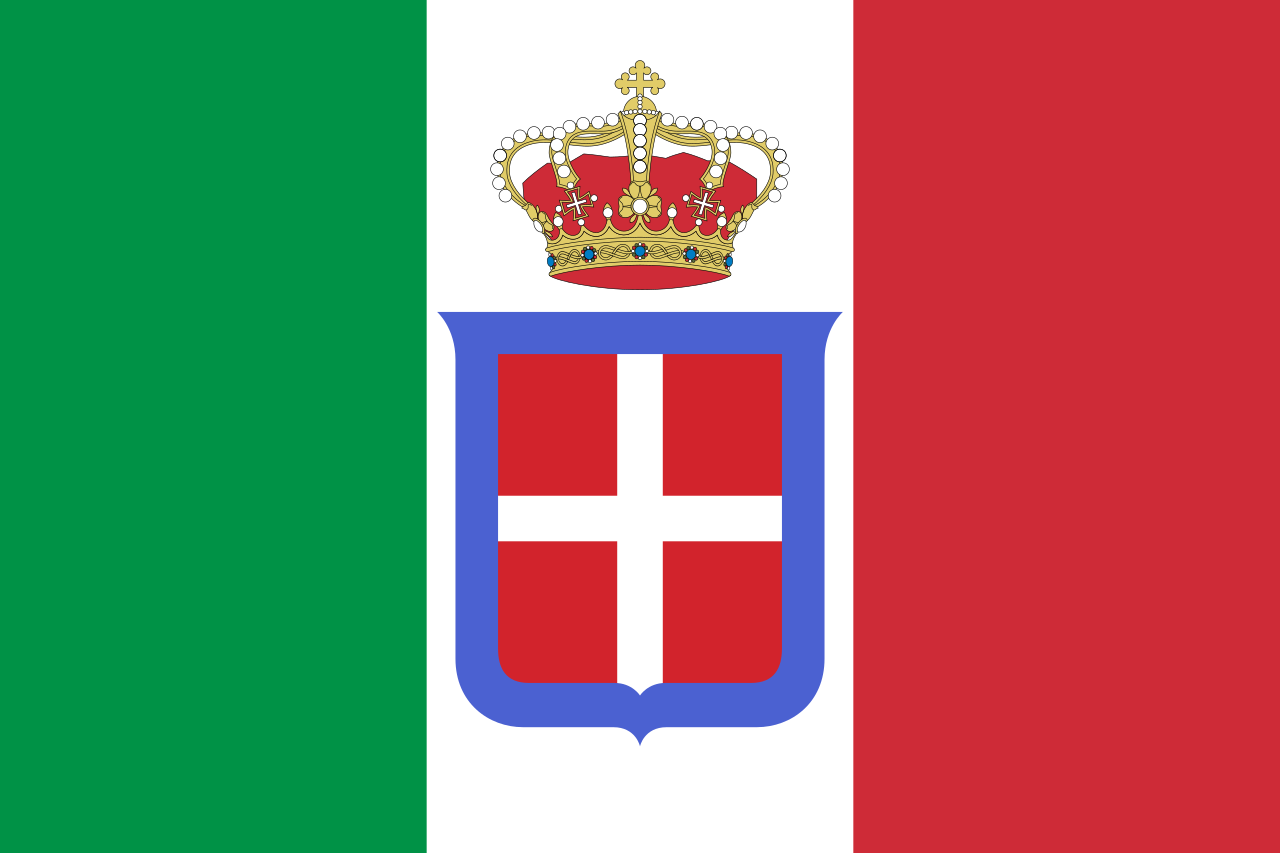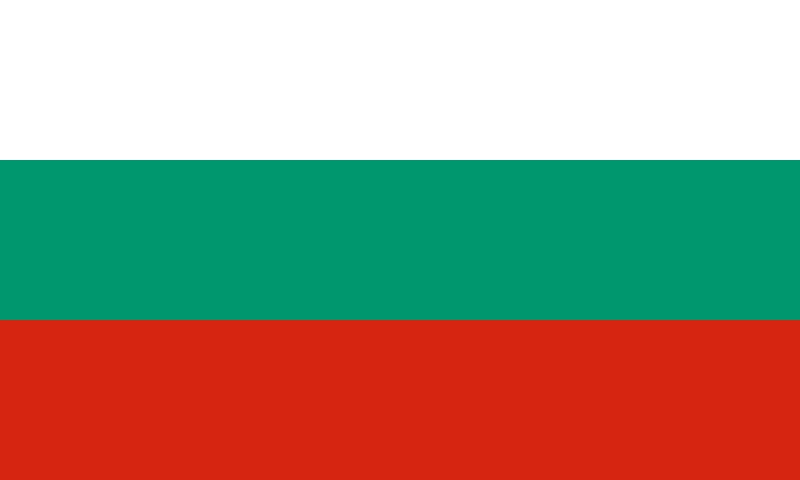- Pronouns
- He
Framing

The neighbourhood of Prati is the northernmost Rione of Rome's city centre, bordering the Vatican and beginning just west of the Tiber river. Its broad boulevards is lined with stately buildings from the late 19th and early 20th centuries, all adorned with emblems and slogans of The Party, and is in stark contrast to the winding alleys and small streets of Rome's historic centre. This has made Prati into the chosen location for a number of government buildings, most prominently the Ministry of Justice, as well as a number of branches for other ministries, legal firms, and corporations. Though perhaps puzzling to first-time visitors, but obvious for those familiar with the way things are in Italy, the conspicuous absence of uniformed police speaks a clear message: this is a district of order, and any who dare disturb that order would be dealt with by a force greater even than the Carabineri.
Also located in Prati is the headquarters of Radiotelevisione Italiana - Italy's National Broadcasting Company - sitting on the Viale Mazzini. A rationalist campus surrounded by an iron fence, visitors are vetted by men in black uniforms and capes before being allowed entry or when leaving. This is where the government creates the narrative it wants to feed the public. The unspoken truth: that most major news stories only surface days, if not a week, after the events, having given rise to a popular, albeit risky, joke that RAI's schedule runs a week behind the rest of the world.
--
Deep in the bowels of RAI's headquarters, a number of editors are at work, stacks of photographs, reels of footage, and scattered notes clutter the long table in a dimly lit editing room. The hum of ceiling-fans and machines fills the air together with cigarette-smoke as technicians splice together the segments for broadcasting, carefully selecting the images that will define the Brazilian President's visit for the Italian people.
"Alright, let's go over it again," says one of the senior editors, adjusting his glasses as he flips through the script. "We open with the signing. We want a clear shot of the Duce and President Simon shaking hands. Make sure we get that frame where the Brazilian's smiling. It has to look like he's the one honored to be here."
A junior editor nods, rewinding a clip and pausing on an image of the two leaders. "This one?"
"Good. Keep that. Then we move to the industrial angle. Our cars entering the Brazilian market, Italian design taking over South America. Get those shots of the Alfa Romeo factory floor, workers assembling the chassis. We need movement, progress. Nothing static. And make sure we cut to the ships moving parts to São Paulo, and preparing for the opening of the assembly plants there. It needs to be clear that we are bringing the industry to them. Furthering the reach of Italian goods and civilization."
A technician hesitates. "And the… imports?"
Silence. The room tenses.
The political editor clears his throat. "We don't mention them. Never mention them. Instead, we... tell a story of increased output in the Po Valley. Opening of more corporate farmland in Piedmont. As for cocoa and coffee, include a segment on the expansion of agriculture in Libya and Eritrea. Show the farms, make them lush. We have that footage from last month of the wheat fields outside Tripoli, yes?"
"Yes, but we are talking about cocoa and coffee. That's different from wheat, we can't-..."
"It is what we says it is, edit it, or find some footage" the editor snaps. "The Eritrean coffee farms are experiencing a boom. That is the story we are going with"
It seems the argument might continue when suddenly the door swings open. A man in an immaculate suit steps inside. Berlusconi. The room straightens. He casually strolls in, as if he owns the place, towards the monitors, hands in his pockets, eyes scanning the assembled images.
"Have we decided on the framing for the Duce?" His voice is casual, nonchalant. But the question is obviously loaded.
The senior editor clears his throat. "We have excellent footage, Sir. Strong, firm handshake. Confident posture. Very much in command of the moment."
Berlusconi nods approvingly. "Yes, yes. That looks right. But still, I wonder if he doesn't look abit… young?"
A pause. The technicians glance at each other. The editor frowns. "Young, Sir?"
Berlusconi leans in, tapping a finger against the screen displaying Borghese's uncannily smooth face. "I'm not saying to make him look like a wrinkled olive but.... We all know he's not exactly a young man anymore. And, well, there's something dignified in age. A great statesman, still leading. Not weak, not frail, but mortal. It humanises him"
A younger editor, bolder than the rest, furrows his brow. "Why?"
Berlusconi looks at him for a long moment before putting on a plastic smile. "Because one day, the people must be ready for an Italy without him. After all, Memento Mori."
The room is silent. The machines hum.
"Make the adjustments," Berlusconi says, turning towards the door. "But be subtle." He pauses, glancing back with an amused smirk. "We wouldn't want anyone to think we're creating a narrative."
And then he's gone.
The editors exchange a brief look, and then, without a word, return to their tasks. The footage is carefully adjusted, softened, and refined. Shadows subtly deepen beneath the Duce's eyes, the lighting shifts - noticeable, but not so much that it raises questions. A frame is trimmed here, an extra second added there, allowing for a yawn or his eyes to be closed for just abit too long. All meant to create the impression of an elder statesman, the father of a nation, commanding but worn. Deliberately crafted with each passing frame.
Last edited:








